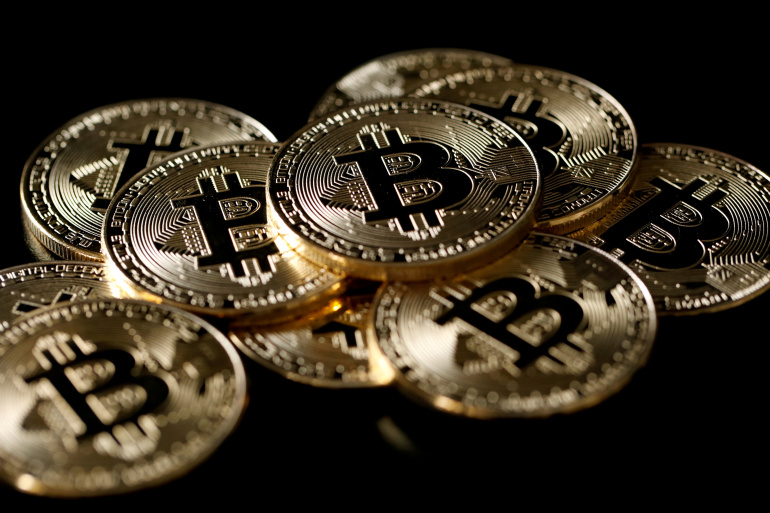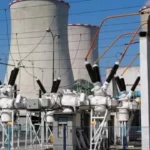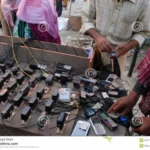Using blockchain technology, Bitcoin creates a democratic, open financial system. Unfortunately, some people are skeptical about this virtual currency because of the widely circulating misconceptions and myths. This article outlines Bitcoin facts and its potential for enhancing global participation and freedom.
Currently, the world has a thriving crypto economy that is creating an alternative technological and financial infrastructure. And this global infrastructure is open-source and accessible to everybody that can access the internet, regardless of ethnicity, nationality, gender, socioeconomic class, and race.
The mainstream narrative about virtual currencies has addressed this new asset class’ risky and speculative nature, yet many people want to invest in it. Some argue that people widely use Bitcoin in the dark web and cybercrime. Others speculate about the adverse effects of Bitcoin mining, while others have victimized uninformed consumers.
Perhaps, all this is due to the lack of adequate information about Bitcoin and its potential. Nevertheless, the crypto economy uses Bitcoin to engage in open financial experimentation with programmable, modular, and tangible technologies. Bitcoin and blockchain focus on financial aspects like value storage, lending, and peer-to-peer payments.
Bitcoin and financial inclusion
Millions of individuals are testing Bitcoin and blockchain technology with billions across the world. Consequently, this technology could evolve and cause a broader financial inclusion of unbanked and under-banked people via simple, low-cost, automated financial solutions at scale.
Perhaps, most importantly, humans are not doing enough to shepherd this technological and societal phenomenon to end the current inadequate financial solutions. What’s more, some people are not participating in constructing this inclusive and global open financial system. Bitcoin and blockchain have been around longer than a decade, evolving and growing in plain sight. All along, everybody has enjoyed easy access to this virtual currency and technology.
But most agreeable is that Bitcoin and blockchain enhance financial inclusion by allowing people to access affordable and valuable financial services and products. And these include savings, payments, insurance, and credit. Today, more than 1.7 billion individuals that are unbanked or under-banked can access and use Bitcoin. Platforms like cryptoengine.app enable individuals to access and use this virtual currency easily. Ideally, you can purchase Bitcoin with fiat money on such platforms.
The potential widespread digital finance use can boost GDP in emerging economies. This increase can stem from high productivity in non-financial and financial governments and businesses due to digital payments. Also, additional investments can enhance the financial inclusion of individuals and small, micro, and medium-sized businesses. What’s more, widespread digital finance acceptance and use could create jobs in different sectors.
Wider participation
Traditionally, governments, banks, institutions, and sponsorships have driven financial inclusivity efforts. But the increasing popularity of online, community-based, and open source technologies and growing investments in blockchain networks, Bitcoin, and protocols have led to grassroots efforts to establish a technological infrastructure of an alternative, inclusive, and open-source financial system.
Anybody with a computer or smartphone that can access the internet can participate in the Bitcoin network activity today. And selling or purchasing this cryptocurrency doesn’t limit their participation.
Direct participation can include staking, using block explorer to examine blockchain transactions, governance voting, running nodes, and mining transactions to underpin the decentralized blockchain network.
Final thoughts
Bitcoin and blockchain present a financial system that almost everybody can access without involving intermediaries. Ideally, you can participate in the activities of this open system at any level, without qualifications or prerequisites, apart from having a device that can access the internet. And these technologies have created systematic change waves that rival what humans have seen in their lifetime. Perhaps, this change will compare to what humans experienced when the internet emerged, democratizing information access, creation, and distribution.

 Join Daily Trust WhatsApp Community For Quick Access To News and Happenings Around You.
Join Daily Trust WhatsApp Community For Quick Access To News and Happenings Around You.


